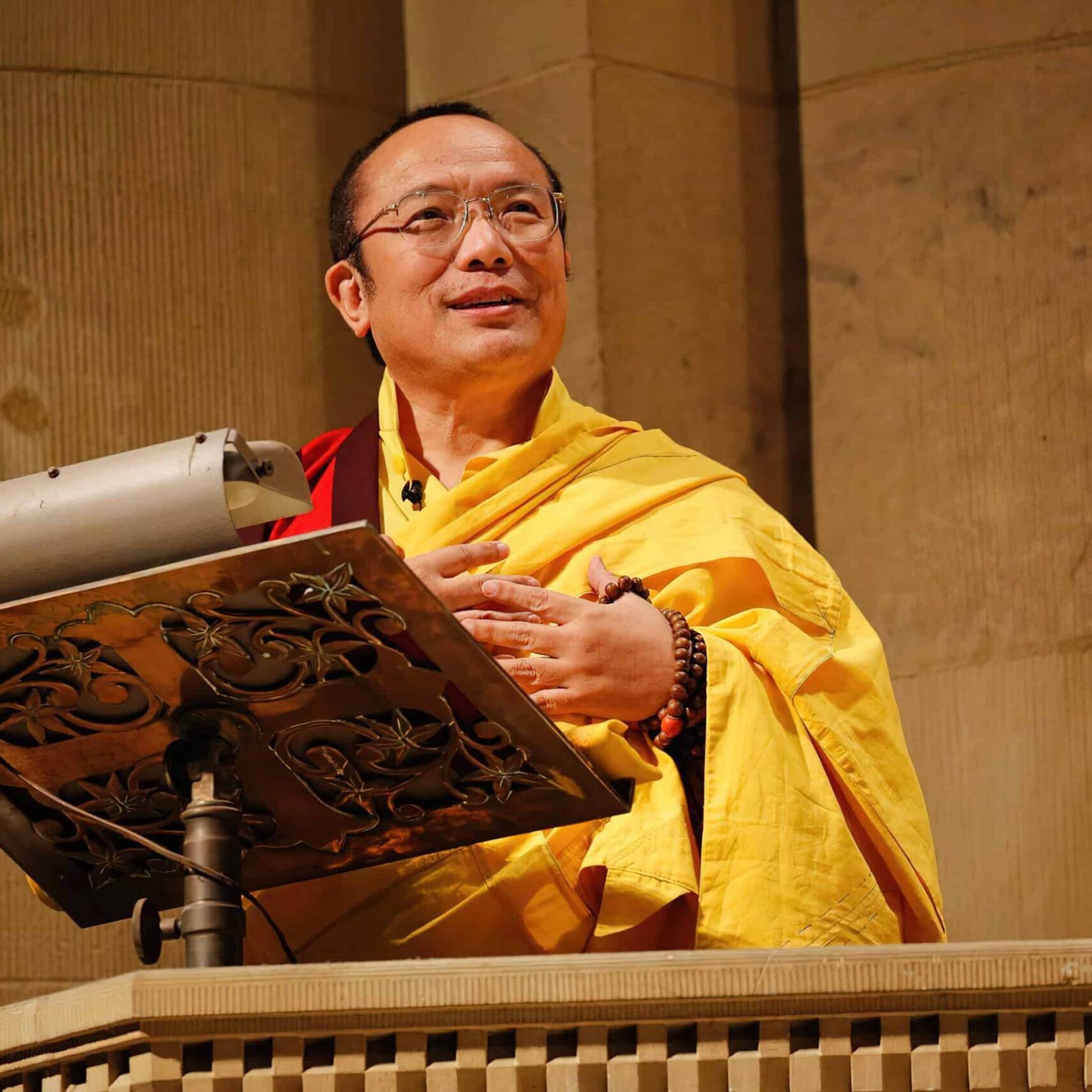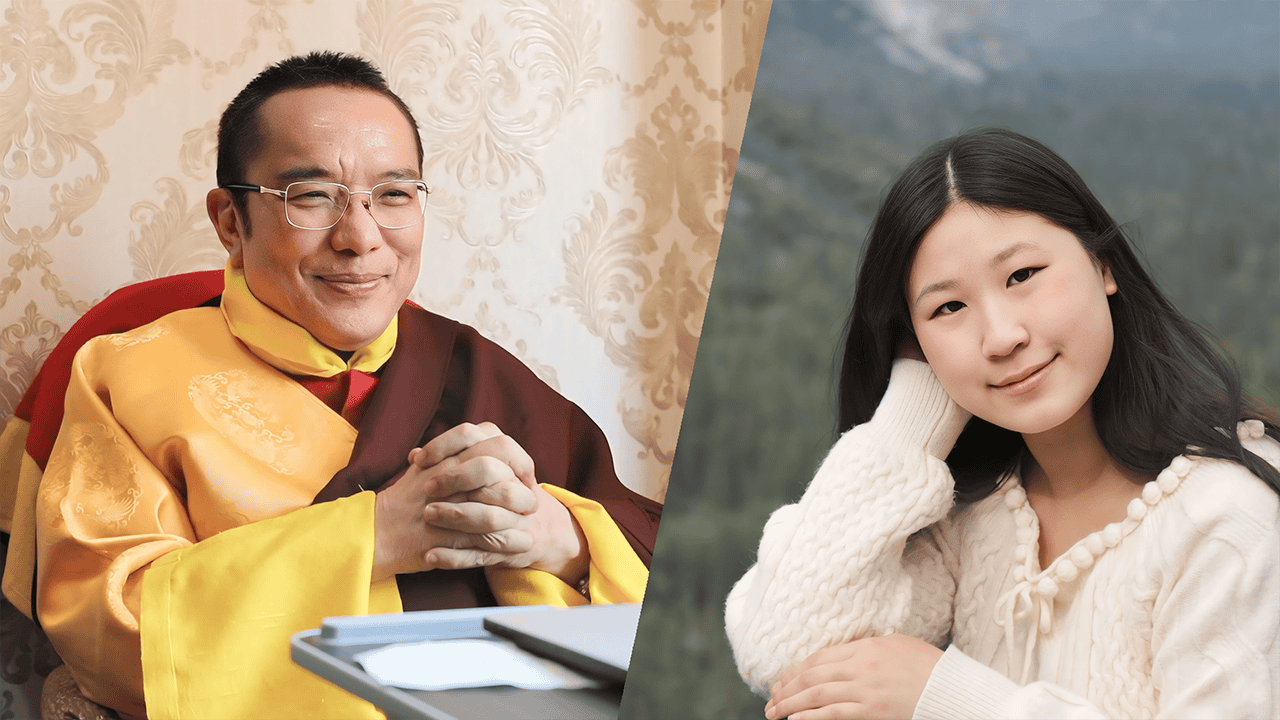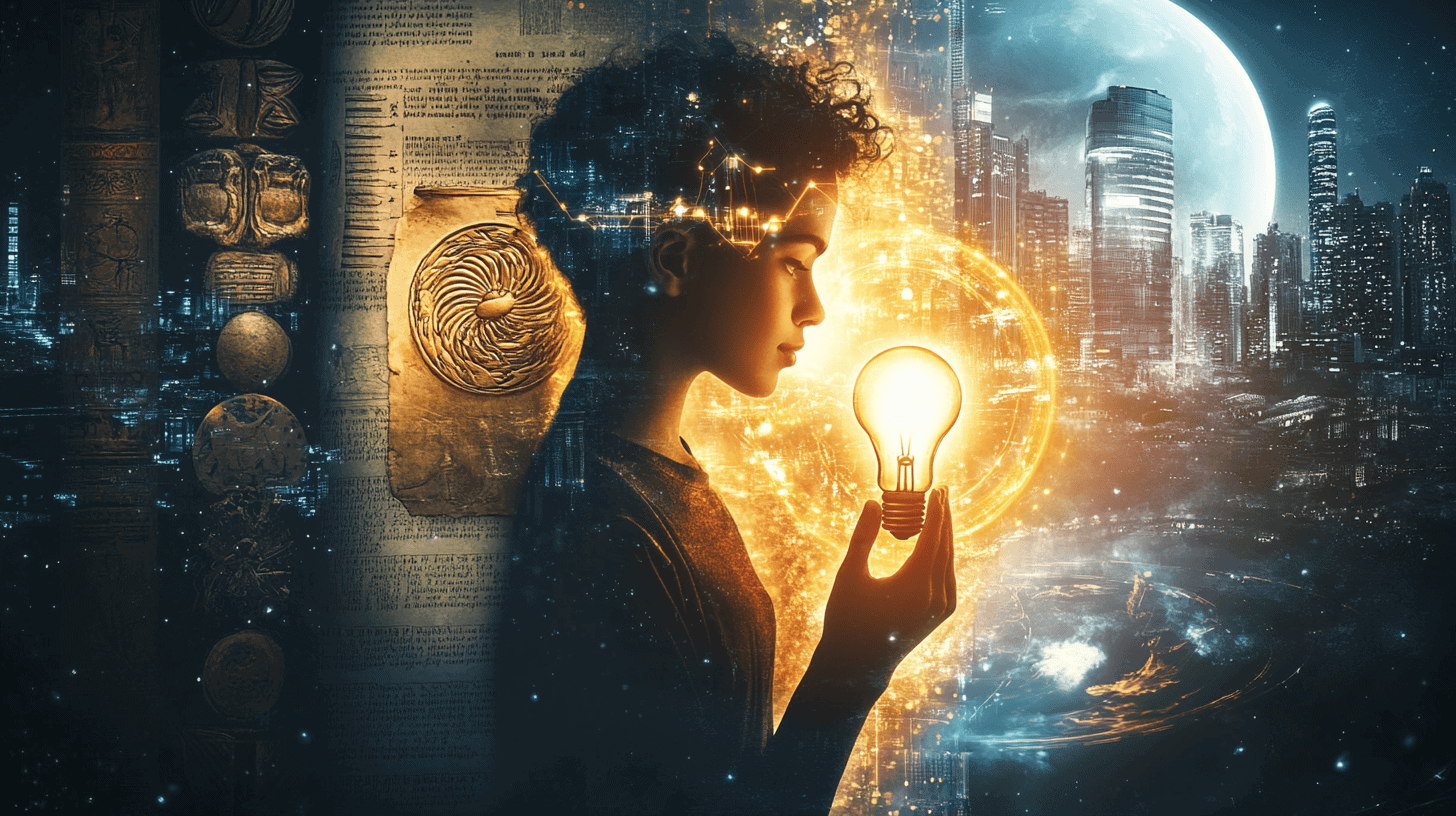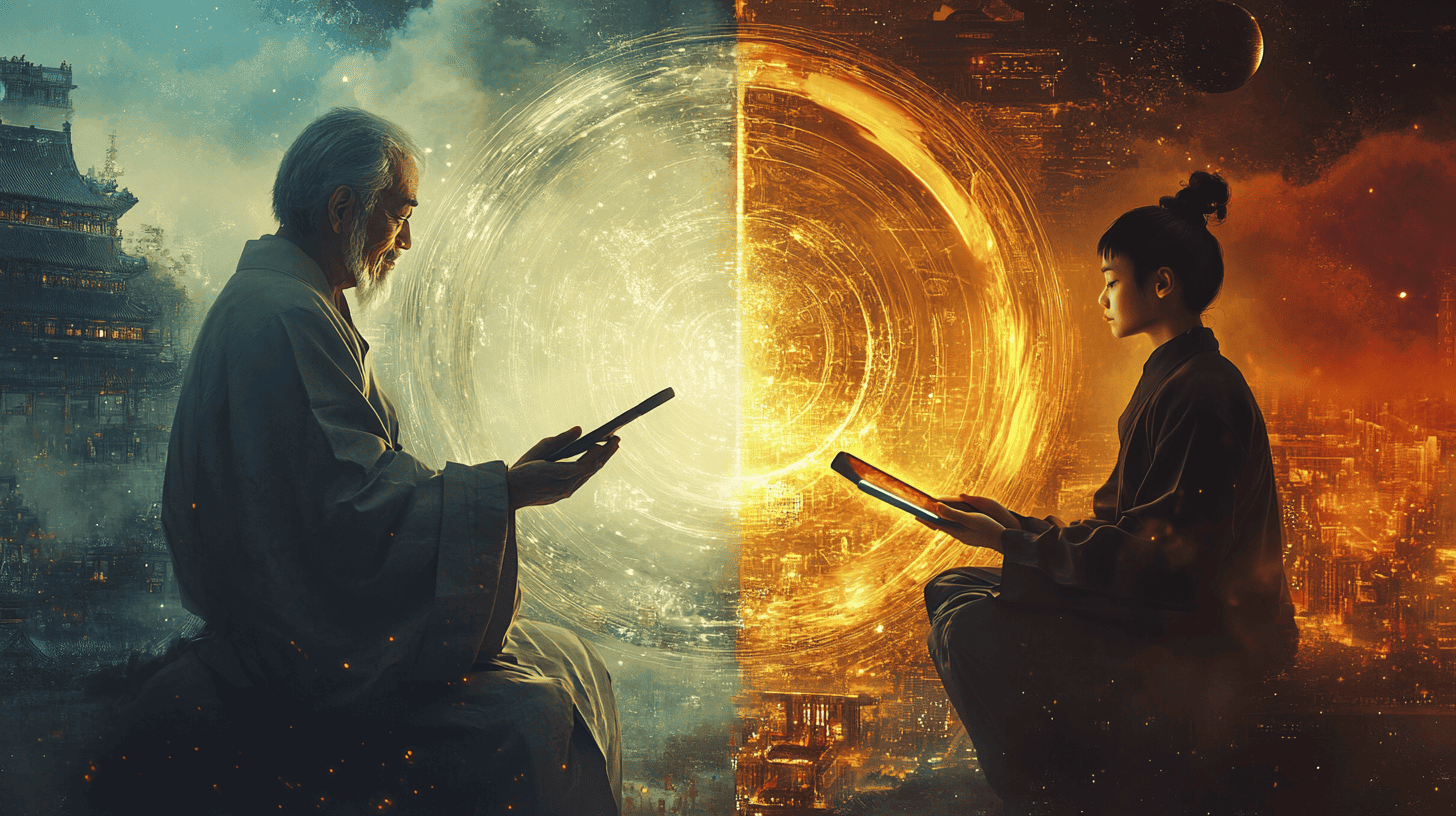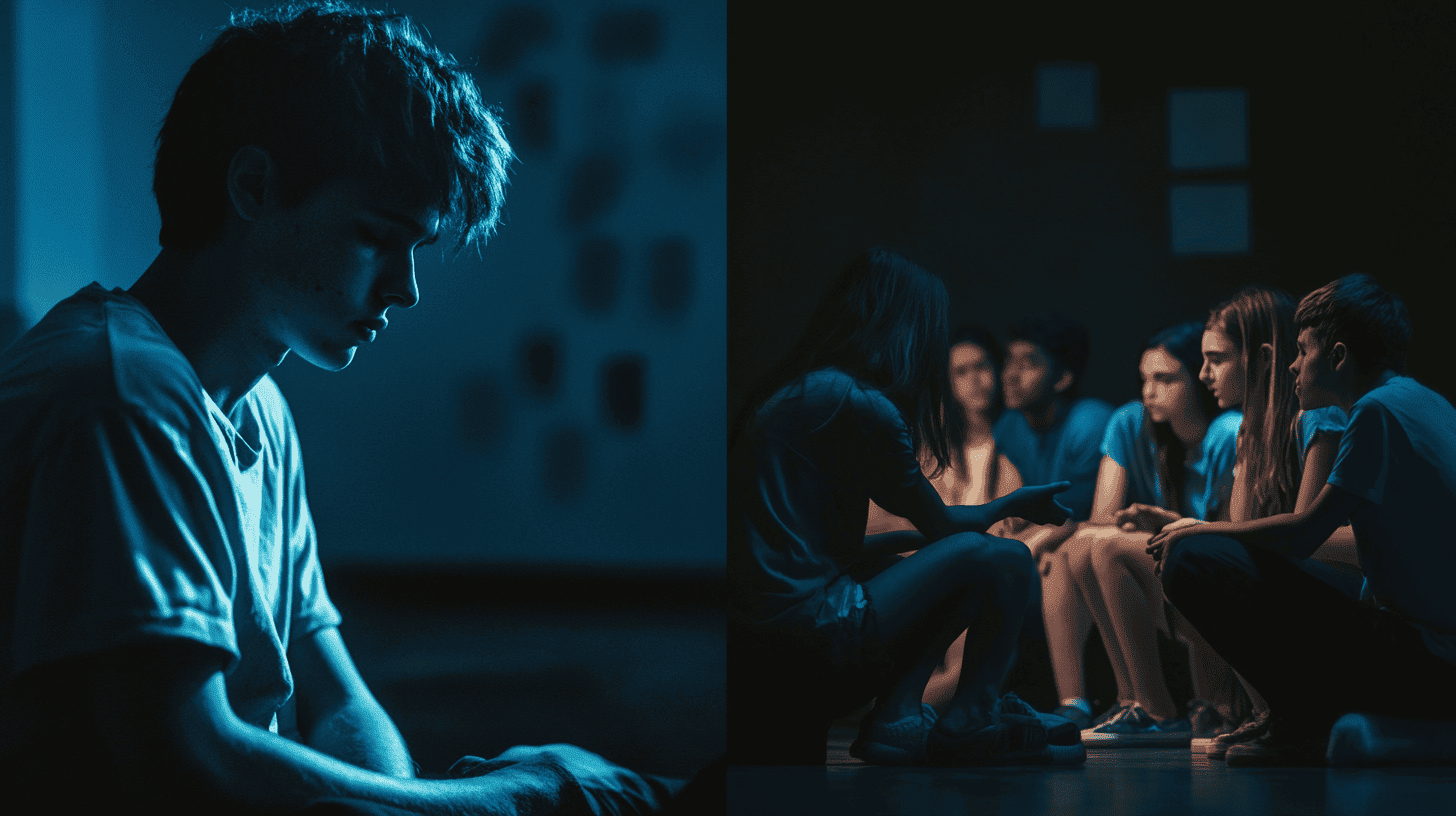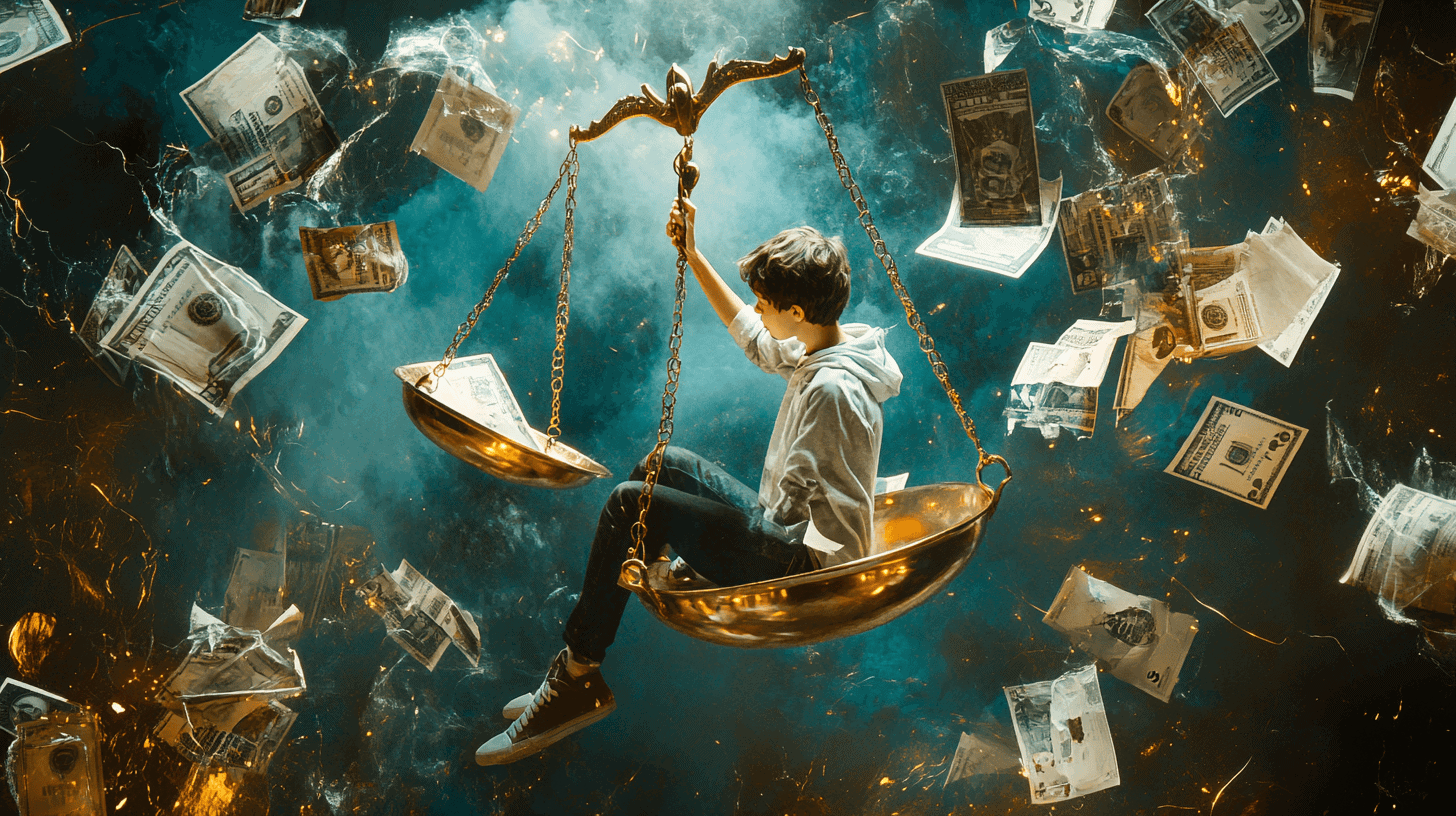H.H. Kenting Tai Situpa
- Supreme Head of Palpung Serabling Monastic Seat
- Founding Father of Active Peace Ideology and Active Peace One World One Humanity Global Initiatives
The Supreme Advisor
At 22, H.H. the 12th Chamgon Kenting Tai Situpa resumed his dharma activities in India, focusing on human and animal suffering and environmental degradation. He initiated efforts such as wildfire prevention, providing free medical care, and educating communities on health and environmental issues. In Ladakh, he planted trees and launched annual Billion Mantra Recitations for spiritual well-being. His guidance led many to quit harmful substances, inspiring him to expand his efforts.
From 1980, H.H. Tai Situpa traveled globally, engaging with various Buddhist traditions and spiritual leaders from different faiths. In 1984, he established the first Maitreya Institute in Hawaii, followed by others, to create a platform for discussions on health, the environment, and a wholesome life rooted in loving kindness, open to all, regardless of religion.
The Supreme Advisor
At 22, H.H. the 12th Chamgon Kenting Tai Situpa resumed his dharma activities in India, focusing on human and animal suffering and environmental degradation. He initiated efforts such as wildfire prevention, providing free medical care, and educating communities on health and environmental issues. In Ladakh, he planted trees and launched annual Billion Mantra Recitations for spiritual well-being. His guidance led many to quit harmful substances, inspiring him to expand his efforts.
From 1980, H.H. Tai Situpa traveled globally, engaging with various Buddhist traditions and spiritual leaders from different faiths. In 1984, he established the first Maitreya Institute in Hawaii, followed by others, to create a platform for discussions on health, the environment, and a wholesome life rooted in loving kindness, open to all, regardless of religion.
H.H. Kenting Tai Situpa
- Supreme Head of Palpung Serabling Monastic Seat
- Founding Father of Active Peace Ideology and Active Peace One World One Humanity Global Initiatives
"Passive peace is very good as an individual practice. But humanity as a complete picture, we have to always adjust, always upgrade, always think actively and work actively. Otherwise, by the time we are able to achieve one good thing, then that almost becomes obsolete for that generation. Therefore, it has to be active, and active involvement, upgrading, awareness, mindfulness, all of these."
- HH Kenting Tai Situpa
"Active peace is also really not simply the absence of violence. It's not simply passive. It's really how do we grow and how we keep changing and evolving to reach the highest ascension of humanity. Humanity is always changing, new problems come. That's when active peace really comes to meet these problems and create a more harmonious world, in a very holistic and mindful way."
- Sophie Park
"Passive peace is very good as an individual practice. But humanity as a complete picture, we have to always adjust, always upgrade, always think actively and work actively. Otherwise, by the time we are able to achieve one good thing, then that almost becomes obsolete for that generation. Therefore, it has to be active, and active involvement, upgrading, awareness, mindfulness, all of these."
- HH Kenting Tai Situpa
"Active peace is also really not simply the absence of violence. It's not simply passive. It's really how do we grow and how we keep changing and evolving to reach the highest ascension of humanity. Humanity is always changing, new problems come. That's when active peace really comes to meet these problems and create a more harmonious world, in a very holistic and mindful way."
- Sophie Park
Sophie:"The original active peace initiative from 1989 focuses on bringing all these different aspects - social, the economic, the political, the spiritual, and the environmental also the scientific perspectives to work together to create a more harmonious world."
HH:"Youth actually is the future of humanity. 50 years ago, I was 21. So at that time, what I think, how the younger generation supposed to think, was my way of thinking. But then today, they go through so many different things that I might even have a hard time to imagine. So for that, the youth participation is crucial."
Sophie:As youth, it's very easy for people to neglect our voices in the world. There's a lot of talk about diversity. But sometimes we forget to include age as a part of diversity. It's very important for youth to know that their voice has a lot of value.When we include all of these perspectives in the conversation, especially as youth, and being able to embrace everybody's views, we can maintain a balance between the past and the present, the tradition and the new, we can have this sort of clarity and insight to pinpoint the exact problem, and really empower and uplift people from all walks of life in order to solve this crisis and bring more harmony to the world.
"Traditional ethnic ideas and perceptions, whether it is religious or whether it is folklore, or whether it is whatever kind of labels you put on it, it is coming from thousands of generations of tial and error. None of us can live thousands of generations in this life. So those experiences of thousands of generations should not be neglected. The traditional ancient knowledge and wisdom is the pillar, the backing, the foundation. We all should respect, appreciate and learn.""Apply the wisdom of yesterday to solve today's problem. And apply today's wisdom to remedy tomorrow's problem. So it's all three - past, present, future; yesterday, today, tomorrow, goes together. One cannot do without the other."
- HH Kenting Tai Situpa
"Traditional ethnic ideas and perceptions, whether it is religious or whether it is folklore, or whether it is whatever kind of labels you put on it, it is coming from thousands of generations of tial and error. None of us can live thousands of generations in this life. So those experiences of thousands of generations should not be neglected. The traditional ancient knowledge and wisdom is the pillar, the backing, the foundation. We all should respect, appreciate and learn.""Apply the wisdom of yesterday to solve today's problem. And apply today's wisdom to remedy tomorrow's problem. So it's all three - past, present, future; yesterday, today, tomorrow, goes together. One cannot do without the other."
- HH Kenting Tai Situpa
HH:"The problems that we have are not only inside us. Spiritually, all the problems that we have are inside us, of course. But our inside problems are also triggered by outside problems. When we feel alienated, then it is coming from outside. We felt the perception of outside in our mind. If somebody said something meaningful and nice, loving and kind and compassionate to each other, then it grows inside. If somebody said or did something mean and nasty to each other, then it also grows inside. One gives good result and good outcome. One damages and gives bad, negative outcome. But what is supposed to be nice, kind and compassionate things to say and do, it evolves. Something nice today is not necessarily nice tomorrow. Today's youth is much more mature than youth several decades back. Even the most loving person, the most caring person, how they relate to the new generation has to be in a mature manner. Equal respect. Love, kindness is very important. But you have to add there one more element. Love, kindness and respect. On top of that, you have to add trust."
Sophie:"It's very easy to let generational differences or societal differences divide people. If we don't take the time to really understand each other mutually, it's very easy to be labeled by other people and have them create this kind of narratives for each other. Then fear starts coming into people's hearts. Uncertainty starts coming into people's hearts. Then there's also resentment that can come into people's lives because they don't take the time to understand each other. It's really this mindfulness that we take that allows us to become a very unified community and allows us to hear all of these different perspectives and voices and seemingly very simple ways of life when you have this mindfulness and this understanding and also the wisdom to apply it to the current generation."
"We should have a deeper understanding of the definition of I. I is individualism, the foundation of individualism. But I should be interpreted to everybody's I. How I feel is important for me, but how you feel is important for you. How they feel is important for them. We are equal. I, by definition, is able to have self-confidence and self-worth at the same time. We are 8 billion human beings and everyone is one I. I is equally important for each one of them as well as for all of us. Everyone in this world affects everyone else. What I say affects you, what you ask affects me. In between this communication, something good and meaningful should come out. That will affect everybody else or so many others."
- HH Kenting Tai Situpa
"We should have a deeper understanding of the definition of I. I is individualism, the foundation of individualism. But I should be interpreted to everybody's I. How I feel is important for me, but how you feel is important for you. How they feel is important for them. We are equal. I, by definition, is able to have self-confidence and self-worth at the same time. We are 8 billion human beings and everyone is one I. I is equally important for each one of them as well as for all of us. Everyone in this world affects everyone else. What I say affects you, what you ask affects me. In between this communication, something good and meaningful should come out. That will affect everybody else or so many others. "
- HH Kenting Tai Situpa
HH:"There are so many types of leaders. But the good leader is what we should cultivate. A good leader is a person who has the dedication, knowledge, wisdom, and skill to make others' lives better. Before being able to make others' lives better, one's own life has to be better. You have to be strong and you have to be able to stand on your feet. You have to be mature and you have to be knowledgeable. Above all, you have to practice what you preach. To be effective, leadership in a long-lasting manner, you need the trust of those who you are leading. When you have no trust and no credibility, you can't do anything to others. One has to be able to believe clearly in what one is standing for. Then one has to be able to exactly know what you are saying. And one has to be able to know the means to support and fulfill the things that you value and how to fulfill this."
Sophie:"If you don't have the capability to take care of yourself, how will you have the capability to take care of others? The first step is to really trust yourself, look at yourself, look at what kind of knowledge you have. The difference between knowledge and wisdom is that wisdom is applying this kind of knowledge in a very meaningful and insightful and positive type of way. Leadership is very much quite like a light, a light you're using to guide others into a brighter future. For example, scientists and biologists all have their own special kind of light. Together, when they join together, humanity now has a direction and a safe place to go to, a safe place to look towards to these leaders are building this light that shines upon all of humanity.""Leadership is really a commitment to a vision that benefits others in every possible facet, a very mindful and intentional facet. leadership is this commitment to the path that keeps on going in a very positive manner so that the earth can be restored to very healthy, natural soil in the example that you use."
HH:"Food, education system, economy system, administration system; spiritual, moral, and different kinds of ways to support everyone in an ethical, moral, correct manner; technology, science; Everything has to be actively, actively evolved. When everything evolves, then there will be world peace. Ultimately, everybody is perfect, everything is perfect Relatively, everything has to be worked on and has to be maintained. You can't just say from now on, I don't have to evolve anymore. What happens on top of the earth affects every part of the earth. The whole thing is one world because the whole world is one It's all one world. One Humanity."
Sophie:"We shouldn't chain our mindset to a singular definition of success. Everybody essentially has the insight to become a leader. It's really with our or everybody's ethics and social responsibility. These are central to creating a very holistic and humane and sustainable success for humanity."
"It should be a city where everything functions in a most positive and mature and open, at the same time, orderly and spontaneously orderly. Not somebody is imposing something on somebody."
- HH Kenting Tai Situpa
"It should be a city where everything functions in a most positive and mature and open, at the same time, orderly and spontaneously orderly. Not somebody is imposing something on somebody."
- HH Kenting Tai Situpa
HH:True leadership is to cultivate leadership.
Sophie:When you become a leader, it's like you are carrying a beacon of light with you, but along the way you are lighting everybody else's candle. Everybody has a little bit of the light. Everybody can pass on this light to someone else. When someone's life ends or when their candle burns out, the world and the society and the future or modern cities will always be a brighter place than before because there is more light to go around and there are more leaders than there were before.
HH:Torch barriers should light all the torches. Torch barriers should not worry if I light that torch, then I will not be the only light. Torch bearer, not barrier, bearer.
Sophie:Just because another facet or angle of the diamond also shines, it doesn't mean that you shine any less as yourself. It's really unconditioned.
HH:My sincere wish for all the youth, including you, is let's shine together. It's in each and every one of us. You are perfect in yourself. Everyone is perfect in themselves. Let's make it shine.

